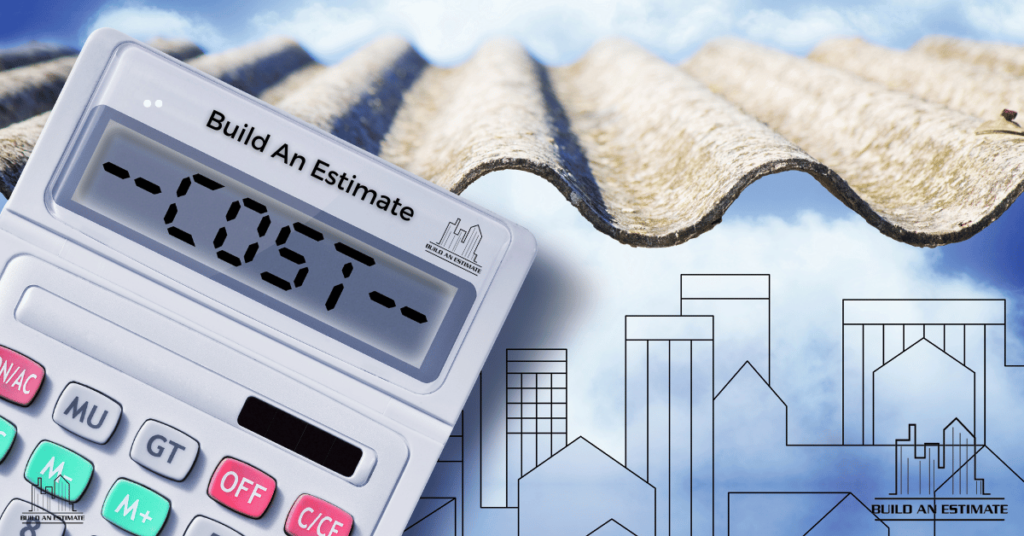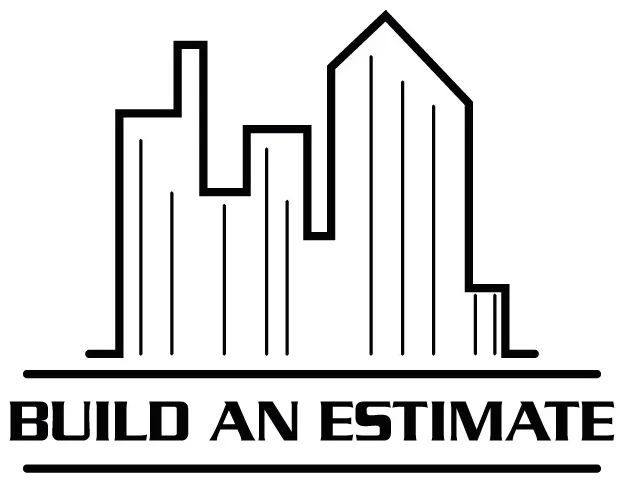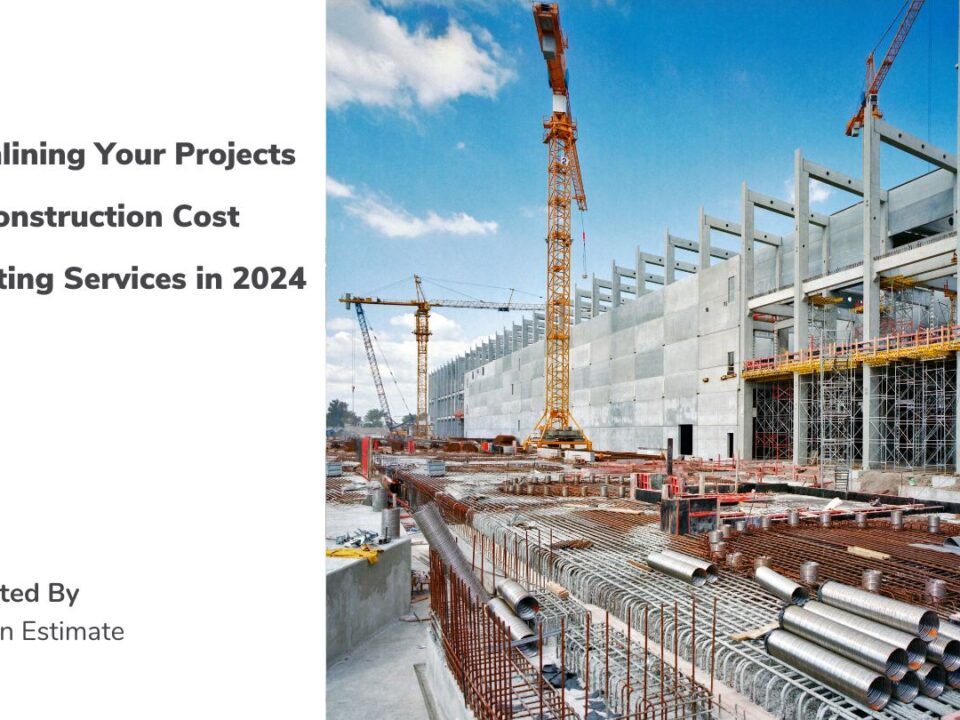- HOME
- SERVICES
- OUR TRADES
- SAMPLES
- PRICING
- BLOG
- ABOUT US
- CONTACT
- Home
- Services
- Our Trades
- Samples
- Pricing
- Blog
- About Us
- Contact
- HOME
- SERVICES
- OUR TRADES
- SAMPLES
- PRICING
- BLOG
- ABOUT US
- CONTACT
- Home
- Services
- Our Trades
- Samples
- Pricing
- Blog
- About Us
- Contact

How Mechanical Estimating Services
July 9, 2023
How Masonry Estimating Services Can Save You Time and Money
July 11, 2023Planning a Whole House Renovation? Use a Cost Calculator to Stay on Budget
Table of Content:
- The Importance of Budgeting for a Renovation
- Benefits of Using a Cost Calculator for a Whole House Renovation
- Factors to Consider When Budgeting for a Whole House Renovation
- How to Use a Cost Calculator for a Whole House Renovation
- Tips for Staying on Budget During a Whole House Renovation
- Common Mistakes to Avoid During a Whole House Renovation
- Other Tools and Resources for Planning a Whole House Renovation
- FAQ
Are you dreaming of transforming your house into the home of your dreams? Planning a whole house renovation can be an exciting but daunting task, especially when it comes to budgeting. You want to create a space that reflects your personal style and meets your family’s needs, but you also need to stay within a certain budget. That’s where a cost calculator can be your secret weapon.
By using a cost calculator, you can get a realistic estimate of how much your renovation project will cost, helping you make informed decisions and avoid any financial surprises along the way. In this article, we will explore the benefits of using a cost calculator when planning a whole house renovation and how it can help you achieve your dream home while keeping your budget intact. So, let’s dive in and discover how this valuable tool can turn your renovation dreams into a reality.
The Importance of Budgeting for a Renovation
Renovating your entire house is a major undertaking that requires careful planning, especially when it comes to budgeting. Without a well-thought-out budget, you may find yourself overspending or running out of funds before the project is complete. Budgeting is crucial because it allows you to set realistic expectations and prioritize your renovation goals. It helps you allocate funds to different areas of your project, such as materials, labor, and unexpected expenses. By having a clear budget in place, you can make informed decisions and avoid any financial stress that may arise during the renovation process.
A cost calculator is an essential tool that can help you establish a realistic budget for your whole house renovation. It takes into account various factors such as the size of your home, the scope of the project, and the materials you plan to use. By inputting this information into the cost calculator, you can get an accurate estimate of how much your renovation will cost. This will give you a better understanding of what you can afford and help you avoid any costly surprises along the way. With a clear budget in place, you can proceed with confidence, knowing that you are staying within your financial means.
Budgeting for a whole house renovation requires careful consideration of all the costs involved. It’s important to factor in not only the materials and labor but also any additional expenses that may arise. For example, you may need to hire an architect or designer to help with the planning and execution of your project. There may also be permit fees, demolition costs, and disposal fees for any debris that needs to be removed. By using a cost calculator, you can ensure that you are accounting for all these expenses and have a comprehensive budget that covers everything.
Benefits of Using a Cost Calculator for a Whole House Renovation
Using a cost calculator for your whole house renovation offers several benefits that can help you achieve your dream home while keeping your budget intact. Let’s explore some of these benefits in more detail.
1. Accurate cost estimation: One of the biggest advantages of using a cost calculator is that it provides you with an accurate estimate of how much your renovation will cost. This helps you plan your budget more effectively and make informed decisions about what you can afford. It also allows you to prioritize your renovation goals and allocate funds accordingly.
2. Avoiding financial surprises: Renovation projects often come with unexpected expenses. By using a cost calculator, you can anticipate many of these costs and avoid any financial surprises along the way. This ensures that you have enough funds to complete your renovation without having to make compromises or cut corners.
3. Comparing different options: A cost calculator allows you to explore different materials, finishes, and design choices and see how they impact the overall cost of your renovation. This helps you make educated decisions about where to invest your money and where to save. For example, you may find that opting for a more affordable flooring option allows you to splurge on high-end appliances.
4. Adjusting your plans: If you find that your initial budget exceeds what you can afford, a cost calculator can help you make adjustments to your plans. By tweaking certain aspects of your renovation, such as the scope or materials, you can find a balance between your dreams and your budget.
5. Improved project management: By having a clear understanding of the costs involved, you can better manage your renovation project. You can set realistic timelines, negotiate with contractors, and avoid any unnecessary delays or setbacks. This ensures that your renovation stays on track and is completed within the agreed-upon budget.
Using a cost calculator is a valuable tool that allows you to plan your whole house renovation with confidence. It provides you with the information you need to make informed decisions, avoid financial surprises, and achieve your dream home without breaking the bank. So, how do you use a cost calculator for a whole house renovation? Let’s find out.
If you have a WordPress website, you can also have this Plugin which you can use to calculate the cost of the website. Cost Calculator Builder.
Factors to Consider When Budgeting for a Whole House Renovation

When budgeting for a whole house renovation, there are several factors you need to consider. These factors will impact the overall cost of your renovation and play a significant role in determining your budget. Let’s take a look at some of the key factors you should keep in mind.
1. Size of your home: The size of your home will have a direct impact on the cost of your renovation. A larger home will require more materials, more labor, and potentially more specialized work. This means that your budget will need to be adjusted accordingly.
2. Scope of the project: The scope of your renovation project will also influence the cost. Are you planning a complete overhaul of your entire house, or are you focusing on specific areas such as the kitchen or bathrooms? The more extensive the renovation, the higher the cost will be.
3. Materials and finishes: The materials and finishes you choose for your renovation will have a significant impact on the overall cost. High-end materials and finishes will typically cost more than budget-friendly options. It’s important to consider what is most important to you and allocate your budget accordingly.
4. Labor costs: Labor costs can vary significantly depending on your location and the complexity of the work. It’s essential to research local labor rates and get multiple quotes from contractors to ensure you are getting a fair price. Keep in mind that skilled and experienced contractors may charge higher rates but can deliver better quality work.
5. Additional expenses: In addition to the main renovation costs, there are several additional expenses you need to consider. These may include permit fees, architectural or design fees, demolition costs, disposal fees, and any unforeseen expenses that may arise during the renovation. It’s important to account for all these expenses in your budget to avoid any financial surprises.
By considering these factors and using a cost calculator, you can establish a realistic budget for your whole house renovation. This will help you make informed decisions about your project and ensure that you stay within your financial means. But how exactly do you use a cost calculator? Let’s find out.
How to Use a Cost Calculator for a Whole House Renovation

Using a cost calculator for your whole house renovation is a straightforward process that can provide you with invaluable insights into the cost of your project. Here’s a step-by-step guide on how to use a cost calculator effectively.
1. Gather the necessary information: Start by collecting all the relevant information about your renovation project. This includes the size of your home, the scope of the project, the materials you plan to use, and any additional expenses you anticipate. The more accurate and detailed your information is, the more accurate the cost calculator’s estimate will be.
2. Research reputable cost calculators: There are several cost calculators available online, each with its own unique features and capabilities. Take the time to research and compare different options to find one that suits your needs. Look for calculators that are specifically designed for whole-house renovations and offer comprehensive estimates.
3. Input your information: Once you have chosen a cost calculator, input your information into the appropriate fields. The calculator will typically ask for details such as the size of your home, the number of rooms, the type of renovation, and the materials you plan to use. Be as accurate and specific as possible to get the most accurate estimate.
4. Review the estimate: After inputting your information, the cost calculator will generate an estimate of how much your renovation will cost. Take the time to review the estimate and make any necessary adjustments. For example, you may want to explore different materials or finishes to see how they impact the overall cost.
5. Refine your budget: Once you have reviewed the estimate, you can refine your budget accordingly. Determine if the estimate aligns with your financial goals and make any necessary adjustments. If the estimate exceeds your budget, you may need to explore cost-saving alternatives or consider scaling back certain aspects of your renovation.
By following these steps, you can effectively use a cost calculator to establish a realistic budget for your whole house renovation. This will help you make informed decisions about your project and ensure that you stay within your financial means. However, staying on budget during a whole house renovation can be challenging. Let’s explore some tips to help you stay on track.
Tips for Staying on Budget During a Whole House Renovation
Staying on budget during a whole house renovation requires careful planning and discipline. Here are some tips to help you stay on track and avoid any financial surprises along the way.
1. Set a realistic budget: Before you start your renovation, establish a realistic budget based on the estimates provided by the cost calculator. Be honest with yourself about what you can afford and avoid overextending your finances. Having a clear budget in place will guide your decision-making throughout the renovation process.
2. Prioritize your needs: It’s essential to prioritize your renovation goals and focus on what is most important to you. Identify the areas of your home that require the most attention and allocate a larger portion of your budget to these areas. This will ensure that you achieve your must-haves while potentially making compromises in other areas.
3. Research and compare prices: Take the time to research different materials, finishes, and suppliers to get the best value for your money. Compare prices and quality to ensure you are getting the most bang for your buck. Don’t be afraid to negotiate with contractors and suppliers to secure the best possible prices.
4. Keep track of expenses: Throughout the renovation process, keep track of all your expenses. This includes not only the materials and labor costs but also any additional expenses such as permit fees or design fees. By monitoring your expenses, you can identify any areas where you may be overspending and make adjustments as needed.
5. Plan for contingencies: Renovation projects often come with unexpected costs. It’s important to set aside a contingency fund to cover any unforeseen expenses that may arise during the renovation. Aim for at least 10% of your total budget to account for any surprises or changes that may occur.
6. Communicate with your contractor: Open and honest communication with your contractor is crucial for staying on budget. Clearly communicate your budget constraints and expectations from the beginning. Regularly check in with your contractor to ensure that the project is progressing according to plan and that any changes or deviations are discussed and approved in advance.
By following these tips, you can increase your chances of staying on budget during your whole house renovation. However, it’s also important to be aware of common mistakes that can derail your budget. Let’s explore some of these mistakes and how to avoid them.
Common Mistakes to Avoid During a Whole House Renovation
Renovating your entire house is a complex project that can be prone to costly mistakes. Here are some common mistakes to avoid to ensure that you stay on budget and achieve your dream home.
1. Not doing enough research: Before embarking on your renovation, it’s crucial to do thorough research and gather as much information as possible. This includes researching materials, finishes, contractors, and any applicable permits or regulations. A lack of research can lead to costly mistakes and unexpected expenses.
2. Underestimating the costs: It’s important to be realistic about the costs involved in a whole house renovation. Underestimating the costs can lead to overspending or running out of funds before the project is complete. Use a cost calculator and consult with professionals to get accurate estimates and set a realistic budget.
3. Changing plans mid-project: Changing your plans mid-project can be costly and cause delays. It’s important to have a clear vision and stick to your initial plans as much as possible. Any changes should be discussed with your contractor and approved in advance to avoid any financial surprises.
4. Not setting aside a contingency fund: Unexpected expenses are inevitable during a renovation. Not setting aside a contingency fund can leave you scrambling for funds when something unexpected arises. Always include a contingency fund in your budget to account for any unforeseen expenses.
5. Not communicating with your contractor: Effective communication with your contractor is crucial for staying on budget. Clearly communicate your expectations, budget constraints, and any changes you want to make. Regularly check in with your contractor to ensure that everyone is on the same page and that any deviations from the original plan are discussed and agreed upon.
By avoiding these common mistakes, you can increase your chances of staying on budget and completing your whole house renovation successfully. However, using a cost calculator is not the only tool available to help you plan your renovation. Let’s explore some other tools and resources that can assist you in the process.
Other Tools and Resources for Planning a Whole House Renovation
Planning a whole house renovation requires careful consideration and access to the right tools and resources. Here are some additional tools and resources that can help you navigate the renovation process.
1. Design software: Design software allows you to visualize your renovation plans and experiment with different layouts and finishes. It can help you make informed decisions about the design and layout of your home before starting the renovation.
2. Home improvement websites and blogs: There are numerous websites and blogs dedicated to home improvement and renovation. These resources provide inspiration, tips, and valuable information about various aspects of the renovation process. Take advantage of these resources to gather ideas and learn from others’ experiences.
3. Online communities: Online communities and forums are a great place to connect with other homeowners who are going through or have gone through a whole house renovation. These communities provide support, advice, and a platform to ask questions and share experiences. Engaging with these communities can provide valuable insights and help you make informed decisions.
4. Professional advice: Hiring professionals such as architects, designers, and contractors can provide valuable expertise and guidance throughout your whole house renovation.
FAQ
Q: How much does a whole house renovation cost?
A: The cost of a whole house renovation can vary widely depending on the size and scope of the project, the materials used, and the labor costs in your area. However, you can expect to pay anywhere from $50,000 to $200,000 or more for a complete renovation.
Q: What are the factors that affect the cost of a whole house renovation?
A: The size and scope of the project are the biggest factors that affect the cost of a whole house renovation. Other factors that can affect the cost include the materials used, the labor costs in your area, and any unforeseen circumstances that may arise during the project.
Q: How can I stay on budget during a whole house renovation?
A: There are a few things you can do to stay on budget during a whole house renovation. First, create a detailed budget and stick to it as closely as possible. Second, get multiple quotes from contractors before making a decision. Third, be prepared to make some compromises on your design if necessary. Finally, be realistic about your expectations and don’t try to do too much at once.
Q: What are some tips for planning a whole house renovation?
A: Here are a few tips for planning a whole house renovation:
- Start by creating a list of your priorities. What are the most important things you want to change or improve in your home?
- Do your research and get quotes from multiple contractors.
- Get all of the necessary permits and approvals before starting work.
- Create a detailed timeline and budget.
- Be prepared for unexpected expenses.
- Stay organized and communicate with your contractor throughout the project.
Q: What are some of the most common mistakes homeowners make when renovating their homes?
A: Here are a few of the most common mistakes homeowners make when renovating their homes:
- Not getting enough quotes from contractors.
- Not having a detailed budget.
- Not getting all of the necessary permits and approvals.
- Not being prepared for unexpected expenses.
- Not staying organized.
- Not communicating with their contractor throughout the project.





